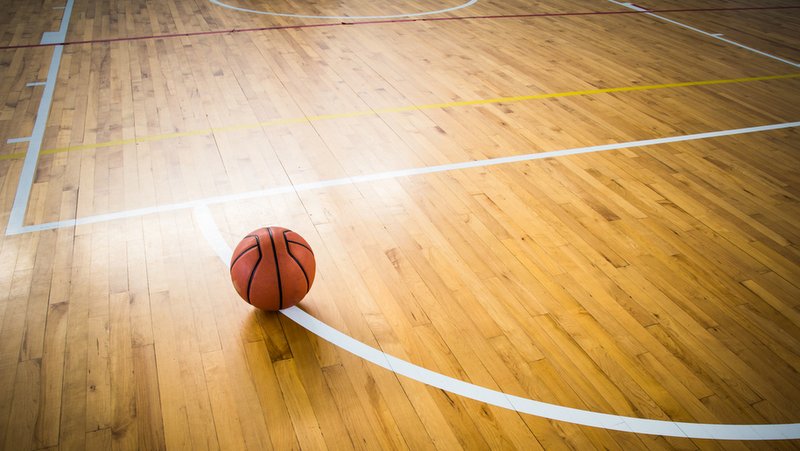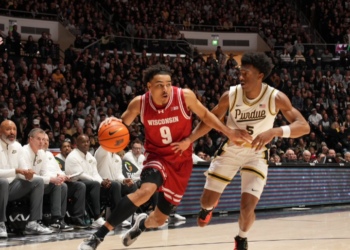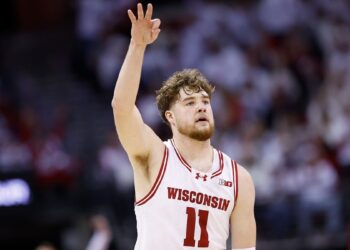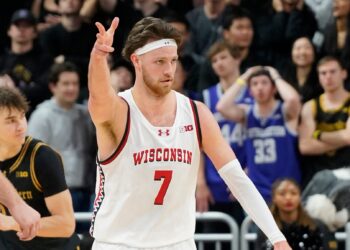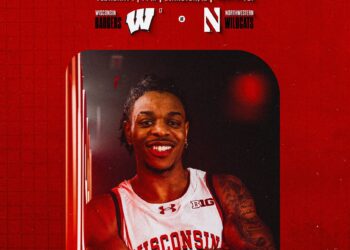By: Zachary Draves
The COVID-19 pandemic has forced this country to have a long-overdue conversation about race.
Much like the levees in New Orleans that were destroyed by Hurricane Katrina, this present-day crisis has unveiled America’s failure to live it to its promises.
The virus is having a detrimental impact on the African American community where there high infections that stem from systemic racial oppression deep within the fabric of this nation’s health care and economic structures.
Any space for discussions on how race is a significant factor must include and validate the experiences of black student-athletes.
As sports grinned to a halt, this is a time to look at the current state of the black student-athlete and to provide information, resources, and general common sense approaches to ensure that they are being tended to.
For starters, we should not follow the twisted mentality of greed obsessed coaches.
Oklahoma State Football coach Mike Gundy raised eyebrows recently with irresponsible comments that implied that his athletes can return to spring practice in May because their bodies are seemingly indestructible against COVID-19.
Need I remind everyone, we are talking about a white head coach and a team of predominately black players?
The mentality he carries is rooted in a white supremacist illogical conception of black male bodies.
In other words, the belief that black men can’t feel pain or in the context of athletics, that they are “natural” athletes.
These stereotypes have been used among practitioners to deny black athletes medical care and treatment for injuries or illnesses.
According to a 2017 study conducted by the Journal of Sport Psychology that focused on racial bias among medical staff in NCAA Division 1 sports, medical professionals perceived black athletes as feeling less pain than white athletes.
The study was highlighted by Global Sports Matter based out of Arizona State University https://globalsportmatters.com/health/2019/03/20/black-athletes-face-bias-when-seeking-medical-care/
Maybe Mr. Gundy should take this time of self-quarantine to self-educate.
The attitudes he possesses show a profound discount between him and his players.
In reference to COVID-19, Dr. Emmett Gill, a sports social worker at the University of Texas at Austin said: “it’s unfortunate that these coaches aren’t understanding the magnitude and how it impacts black athletes and communities.”
That leads us to thoroughly examine the current vulnerabilities exacerbated by the virus and experienced by many black student-athletes
According to Dr. Gill, athletes can be exposed to the following:
- Grief and loss due to the death of a loved one
- Have parents who lost their jobs
- May not come back to school at all due to unforeseen circumstances
It is important to acknowledge the extra pressure being put on black female athletes.
Too often when discussing issues of race and gender, black women are either forced to choose what is more important or are left out entirely.
That is why Kimberle Crenshaw’s theory of intersectionality is vital to include the perspectives of black women.
Also, the work of Penn State University professor Dr. Amira Rose Davis is crucial to understanding the historical and present-day experiences of black women in sports.
For some black female athletes, they are seen as the foundation of the family, the one keeps everyone together.
“They may be called on to take care of their families and not focus on athletics,” said Dr. Gill.
Furthermore, all these forces can deeply impact the educational status of black student-athletes.
Professors could treat athletes differently than other students, which could contribute to already exploitive practices embedded in the scam of so-called amateur athletics.
That includes educational neglect, where athletes graduate with degrees that don’t amount to much of a long term career and are confined to the athletic facilities putting in long hours of practice.
The racial inequities of COVID-19 have shed light on what has always been true of the hypocrisy of America and black student-athletes are not immune from it.
In order to remedy these injustices, there has to be collective action to ensure that black student-athletes are treated as human beings.
Dr. Gill suggests the following:
- Coaches need to do a better job at understanding their athletes
- Athletic Departments need to step up cultural competency
- Universities should host Mental Health Training Camps upon return to school
- Athletic Departments should host a week of activities dedicated to connecting with one another
- During this time, coaches and others should highlight the good work done by athletes to assist their families and benefit their communities
- Student-athletes should take this time to figure out who they are and where they want to go
Dr. King once called for a revolution of values, now we need a revolution of priorities.


 NFL
NFL